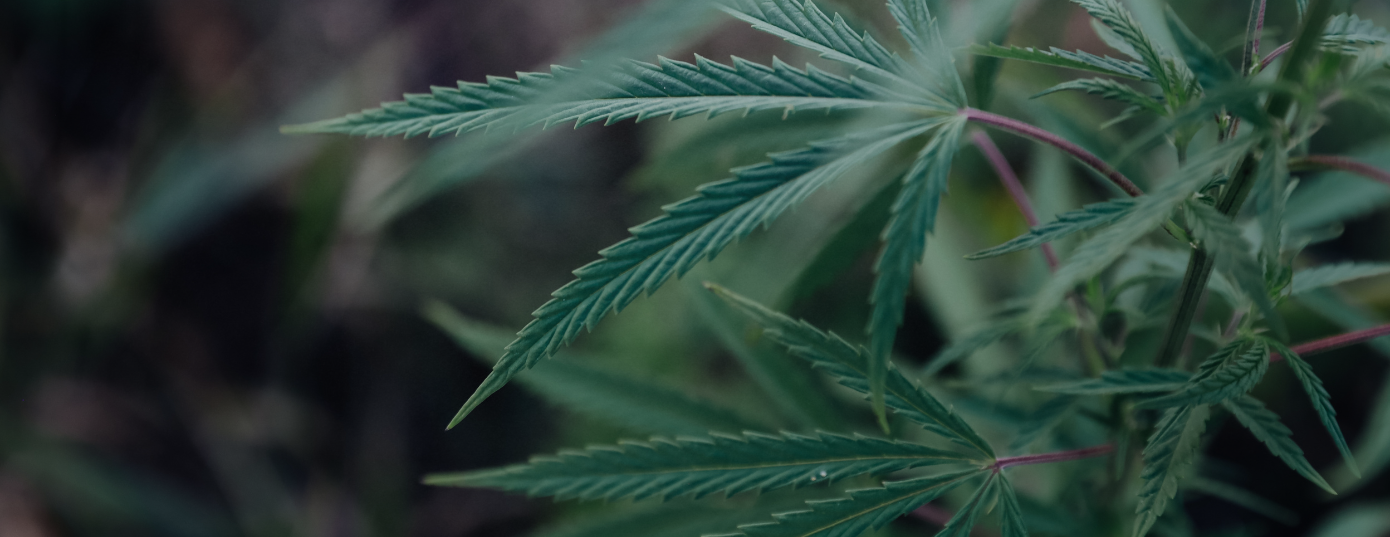Hemp is a versatile plant with a long history of use in industrialized societies. The plant has been used to make a variety of products, including paper, clothing, biodegradable plastics, fuel, and food.
However, this doesn’t change the fact that there are still many people who confuse it with marijuana, which contains a psychoactive component called tetrahydrocannabinol (THC). Because of these small misunderstandings, numerous myths still surround the hemp plant and even tend to demonize it.
While most of these misconceptions are quite harmless, others continue to stir controversy and cause negative reactions, especially in people who don’t know the differences between hemp and marijuana. That’s why this article aims to debunk some of the most commonly repeated myths about hemp, such as those claiming that it can get you high or that it’s illegal – let’s dive right into the subject.
Everyone Can Start Growing Hemp
Back in 2018, the United States Department of Agriculture (USDA) passed the Farm Bill, which helped to regulate and legalize the use of hemp. However, this doesn’t mean that if you want to start growing your own hemp, all you need to do is purchase some hemp seeds from the first online seller you see and plant them in your garden.
States are still obliged to closely monitor and regulate hemp production and submit their plans for overlooking it. These plans then need to be reviewed and approved by USDA. When they are approved, everyone who wants to grow hemp is subjected to the terms and conditions included in it.
This means that in order to be a hemp farmer, you need to be licensed by the USDA or other authority that can grant you the license. You also need to grow your hemp where it’s legal and regularly report your crop acreage to the Farm Service Agency. At any time, your farm can also be tested and inspected.
If you want to learn more about companies that use hemp to produce hemp-derived CBD products, you can consider reading about NV-US Organics CBD online store or similar ones. This will allow you to get a better understanding of what this business is all about.
Hemp Gets You High
One of the biggest and probably most commonly repeated myths about hemp is that it can get you high, just like marijuana. Unfortunately, this is now being heard from various sources, including even online news sites and TV broadcasts. And while their intentions might be good, they fail to understand that there are some important differences between hemp and marijuana.
For example, hemp has 0.3% or less THC. This means that hemp-derived products don't contain nearly enough THC to give you the “high” traditionally associated with marijuana. Still, because of its close resemblance to cannabis and its association with weed, hemp often gets criticized by people who lack knowledge.
Hemp Is Illegal
A great deal of the uncertainty surrounding the legality of hemp is mostly a result of the overall confusion surrounding the plant itself. Despite the fact that hemp and marijuana are both varieties of the cannabis plant, they are not the same.
However, because many mistakenly believe that hemp and marijuana are the same, they simultaneously think that hemp should also be made illegal, just as marijuana is in many places.
Hemp Is Just Another Trend
Another common misconception about hemp is that it’s just another trend that only appeals to hipsters. To many people, it might look like a sort of fad that only lasts for a short period of time.
However, this couldn’t be further from the truth. In fact, hemp has been used for many long centuries and was one of the most widely grown plants during Colonial times because the plant was widely used to produce cordage, cloth, canvas, sacks, and paper. Its cultivation was banned in the U.S in the 1930s due to its ties with cannabis, which soon became associated with marijuana.
Luckily, these times are long gone, and now people view hemp as a superfood that provides an outstanding nutritional value. It can be used to produce cold-pressed oils or protein powders added to flours, or it can serve as an excellent addition to meals such as salads or smoothies. It’s worth mentioning that hemp seeds are incredibly rich in omega-3 to omega-6 fatty acids as well as iron, magnesium, potassium, and zinc — everything your body may need.
People Use Hemp Fields to Grow Marijuana
Some hemp opponents tend to repeat the myth about people growing marijuana “undercover” and disguising it in the hemp field. However, this couldn’t be further from the truth, as cannabis and hemp are cultivated in substantially different ways.
Furthermore, hemp needs to be harvested at a different time than marijuana, so trying to use one to hide another simply wouldn’t make much sense logistically. And lastly, the potency of the marijuana plant would be greatly diminished by cross-pollination between hemp and marijuana plants.
In Conclusion
Hemp is one of the most versatile, eco-friendly, and healthiest plants in the world. However, due to a lack of proper education, many people associate it with marijuana, even despite the fact that they're actually two very different things. That’s why it’s important to learn as much as possible about industrial hemp so you can separate it from cannabis entirely and stop spreading misinformation.
Hemp does not cause high, as it doesn’t contain enough THC to do so. It’s also legal in many places but, just like it in the U.S., is subjected to restrictions. Not everyone can start growing it, but farmers that don’t try to disguise marijuana in their fields. Last but not least, hemp is a superfood that’s here to stay rather than just another trend.
Author: Phil Cord


0 comments